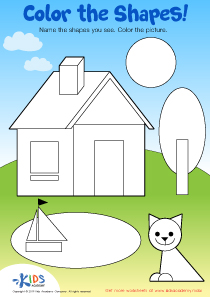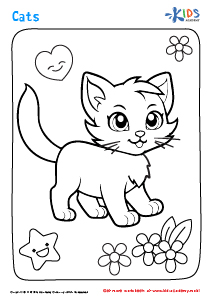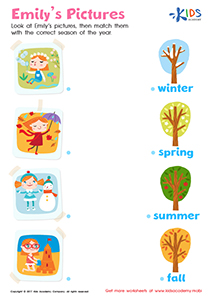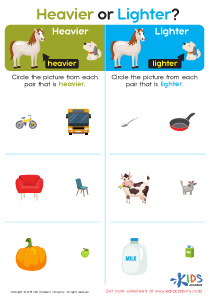Science Lessons | Relationships in ecosystems, Grade 3
0 results
Do you want your child to understand the importance of living things and how they interact with each other in the environment? Join our Relationships in Ecosystems Lessons for grade 3 students! Our comprehensive program includes interactive worksheets that engage students in hands-on learning, informative videos that help them visualize the different relationships in ecosystems, and quizzes that test their comprehension. With our program, children will learn about food chains, predators and prey, producers and consumers, and other critical concepts that help them understand the ecological balance. Enroll your child today and watch them thrive in their environmental education!
Relationships in ecosystems lessons can prove to be incredibly helpful for children in Grade 3 and beyond. These lessons are designed to teach students about the various interconnected relationships that exist in an ecosystem. This not only enhances their understanding of science as a subject, but it also helps them develop important cognitive, analytical and problem-solving skills.
The interactive worksheets and educational videos in these lessons can help children better understand the different kinds of relationships that occur in ecosystems. These include predator-prey relationships, symbiotic relationships, and competition for resources. The activities and assignments that come with these lessons can give students hands-on experience in understanding how these relationships work. This can help to cement their understanding of scientific concepts and principles.
Additionally, the assessments and quizzes that are included in these lessons can help children evaluate their progress and identify areas where they need more practice. By engaging with these learning tools, students can correct any errors or misconceptions they may have and gain a deeper understanding of the material.
The aim of teaching Relationships in ecosystems is to give children a comprehensive understanding of how ecosystems work, one of the three pillars of environmental education. Since these lessons are targeted towards younger students, they are designed to be fun and engaging. This means that children can enjoy learning about scientific concepts, which can help to foster an interest in science and environmental studies.
Furthermore, these lessons not only help children to learn more about science but also develop important life skills such as critical thinking and problem-solving. As children learn about the various relationships that exist between different organisms in an ecosystem, they will develop the ability to reason and analyze more effectively. They will learn to think critically about the different components of an ecosystem and how they are all interconnected.
Finally, relationships in ecosystems lessons are essential for developing an appreciation for the environment and how it works. As children learn more about the complex relationships that exist in nature, they will begin to appreciate the beauty and delicate balance of the ecosystem. This sense of appreciation can help children become more environmentally aware, and responsible citizens which is essential in this globalized era.
In conclusion, Relationships in ecosystems lessons are an essential component of any Grade 3 science curriculum. The interactive worksheets, educational videos, and assessment quizzes included in these lessons can help children better understand how ecosystems work, develop essential life skills, and foster an appreciation for the environment. By engaging with these lessons and learning about the complex relationships between different organisms in nature, children can develop a more in-depth understanding of science.















